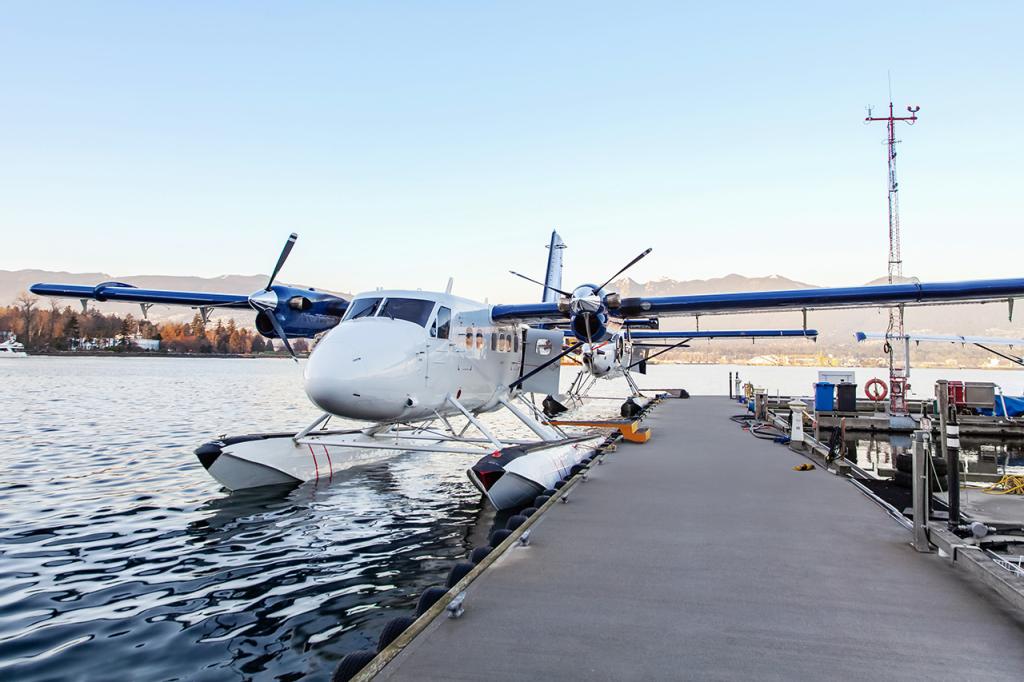Blog
Blog
Flying High with Aircraft Lease Agreements
Author: justin-monahan posted in: Business Law
In the world of asset leasing, aircraft leases stand out with their unique set of conditions and regulations, reflecting the complexities and specificities of the aviation industry. At KMSC Law, we specialize in navigating these complexities to provide our clients with the expertise and guidance needed for successful aircraft leasing. This post will detail some of the aspects that set aircraft leases apart from other asset leases.
Unique Aspects of Aircraft Leases: What Sets Them Apart
- Aircraft Condition and Maintenance: Aircraft leases contain extensive details about the condition of the aircraft at the time of lease and the lessee’s obligations for maintaining the aircraft, including compliance with airworthiness directives and mandatory orders issued by aviation authorities. These requirements are unique to aircraft leases due to the critical safety regulations in the aviation industry.
- Registration and International Considerations: Aircraft leases often involve cross-border transactions and assets that can be easily moved across national borders, requiring registration with the International Registry of Mobile Assets. This global registry ensures the rights of creditors, owners, lessors, and lessees in international transactions, a factor not commonly seen in leases for other assets.
- Flight Hours: An interesting aspect of aircraft leases is the inclusion of “Flight Hours.” The lessee pays rent based on the flight hours recorded, which is fundamentally different from standard leases where rent is typically based on a fixed period. It is typical for a lease to contain minimum flight hours to ensure that the lessor is compensated properly for the use of the aircraft.
- Insurance: While insurance is a common factor in many leases, aircraft leases require comprehensive aviation insurance, covering potential aviation-specific risks including but not limited to, third-party liability, hull loss, and war risk.
- Event of Loss: Aircraft leases uniquely define an “Event of Loss,” which includes scenarios like the aircraft being lost, damaged beyond economical repair, or confiscated by a government authority. Given the high value and mobile nature of the asset, this clause is critical in protecting the lessor’s interests.
- Return Conditions: The return conditions for an aircraft lease are particularly detailed, including requirements about the aircraft’s condition, completed maintenance, and compliance with aviation regulations. These ensure the aircraft remains operational and maintains its value.
Map Your Flight Path with KMSC
Navigating an aircraft lease can be complex. At KMSC Law, our Business Law Team has the expertise to guide you through the process, ensure your lease protects your rights and assets, and provide a smooth flight from start to finish. Contact us today to see how we can assist with your aircraft leasing needs.
Editor's picks.
February 27, 2023
Myths and Realities of the Minor Injury Cap
If you have been injured in an accident, you may have been told that your…
January 30, 2023
Get What You Need: Compensation in Personal Injury Claims
If you have been injured in an accident, be it from a slip-and-fall or an…
May 16, 2022
Common Questions and Concerns on Section B
Introduction Finding all the benefits you may be eligible for after a motor vehicle accident…
At KMSC, we are committed to providing practical and effective legal solutions for our clients.
If your issue is urgent, please don’t hesitate to contact us toll-free at 1.888.531.7771, we’d be happy to assist you.


